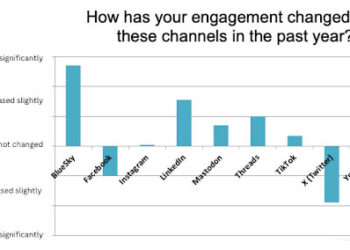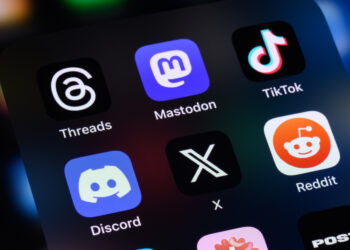Derek Muller of the science video blog Veritasium provides a fascinating look at Facebook, and how its business model is increasingly at odds with the needs of its customers. More and more, Facebook filters what it shows users, favoring those willing to pay for exposure over organic content. In essence, if you want people to see your posts, you have to pay, which Muller contrasts with YouTube, where users get paid for contributing content. Facebook’s business model treats all entities on the site as advertisers. Though direct parallels to scholarly publishing likely can’t be drawn, it’s food for thought in understanding different types of author-pays business models and how audiences interact with content.
Discussion
5 Thoughts on "The Problem With Facebook"
I have a face book account, but very seldom share anything. I only read what my friends shared, and sometimes download pictures. I do not realize that the posts are filtered, as I can see all the pictures that were posted by my friends (I supposed), as I usually asked them to put pictures of certain events, where I was present, and II always can download/save the pictures.
The downside of the author-pays model are fraudulent publishers that publish anything as long as the author pays. This is not a long-lasting business model and eventually the market will clear itself. The upside of the author-pays model is that publishing comes with a cost: authors might be more selective on what they publish and how much content they transfer via one paper.
Reblogged this on My Sanguine Life and commented:
This is a great post about Facebook and social media overall.


